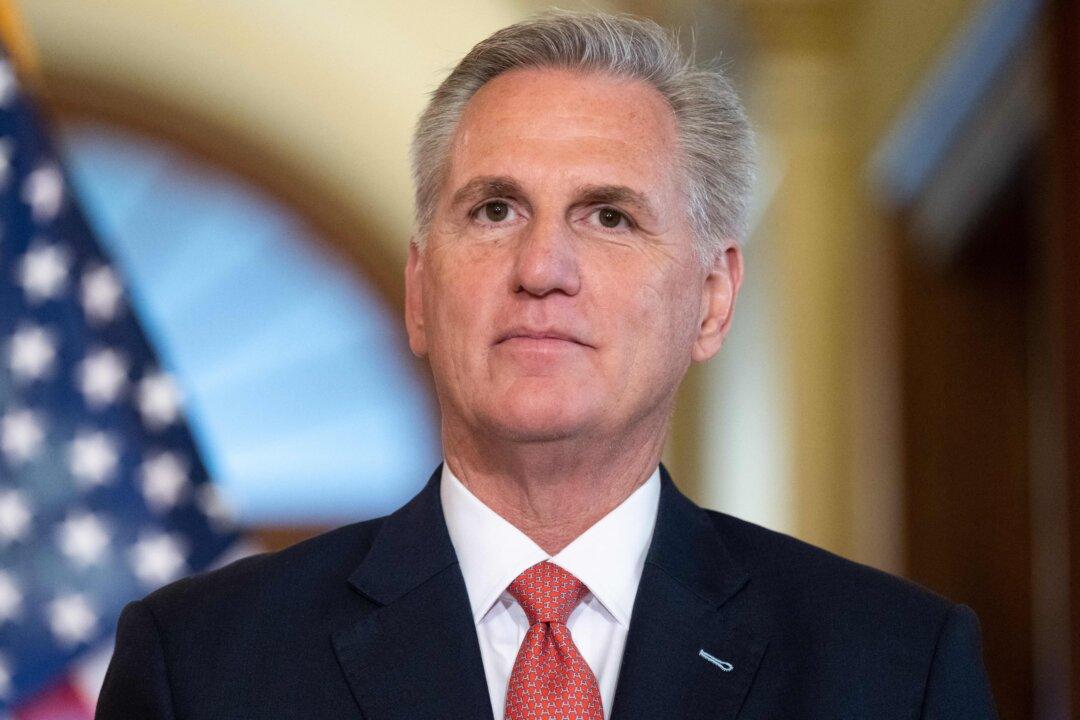House Speaker Kevin McCarthy (R-Calif.) has announced that the House of Representatives will begin conducting an impeachment inquiry into President Joe Biden.
Mr. McCarthy, who has been under pressure to start impeachment proceedings since he became speaker, said President Biden lied about his knowledge of his family’s foreign business dealings.





